How a Love for the Ocean Led Me to Lead the Philippines’ Zero Waste Movement
- The Lighthouse Legacy Foundation
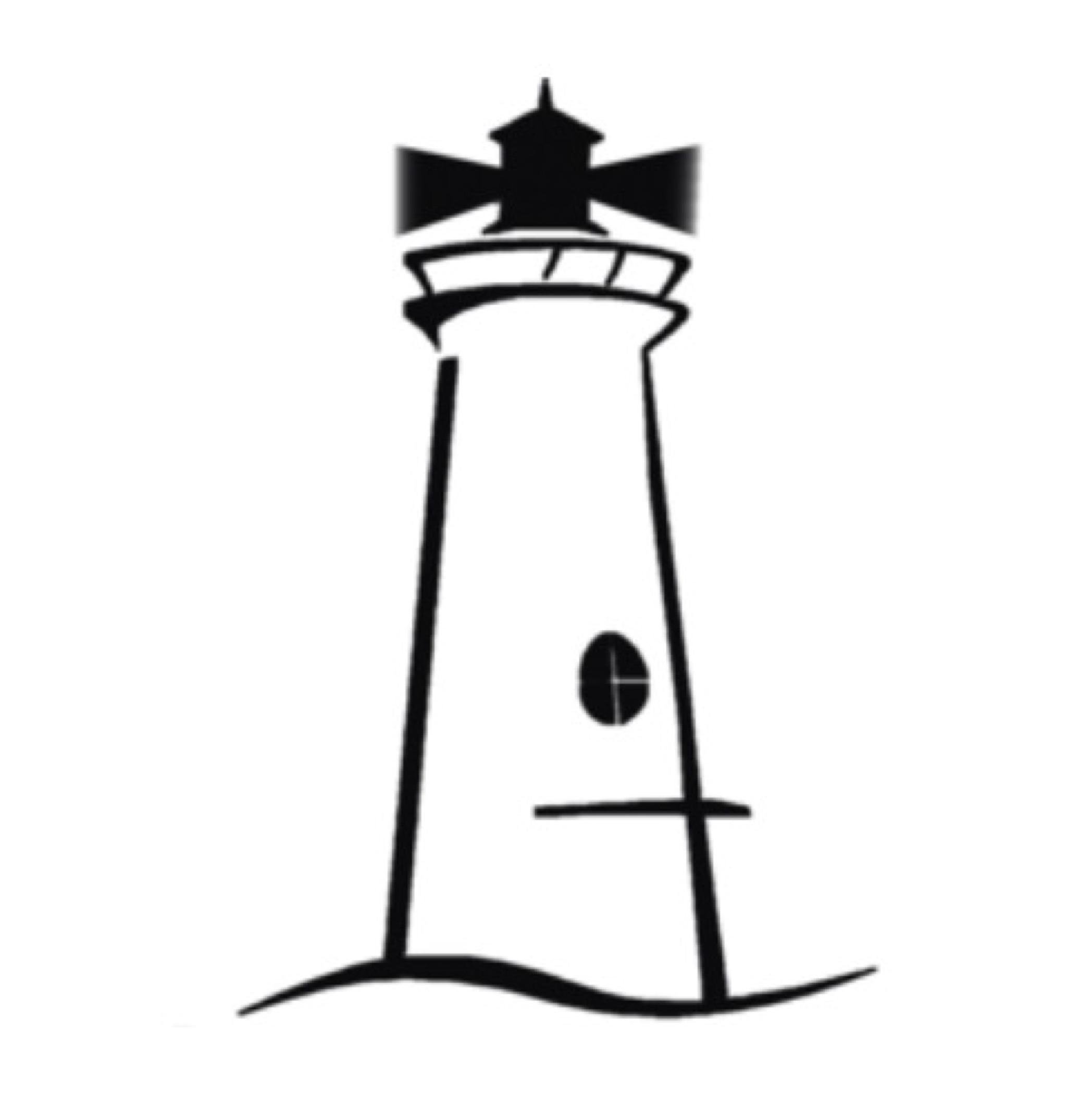
- Jul 26, 2025
- 3 min read
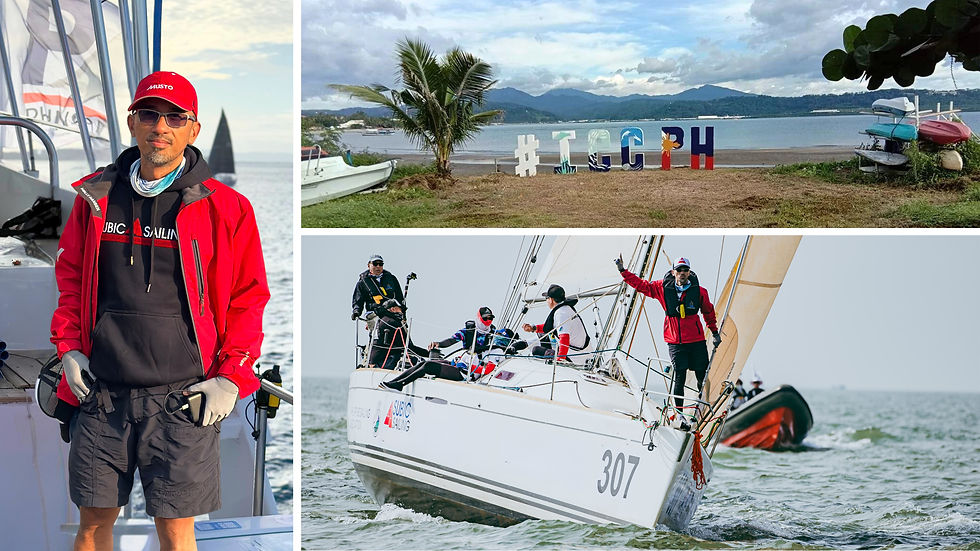
I was someone who loved the ocean long before becoming Program Director for the Extended Producer Responsibility (EPR) Program of the Philippine Alliance for Recycling and Materials Sustainability (PARMS).
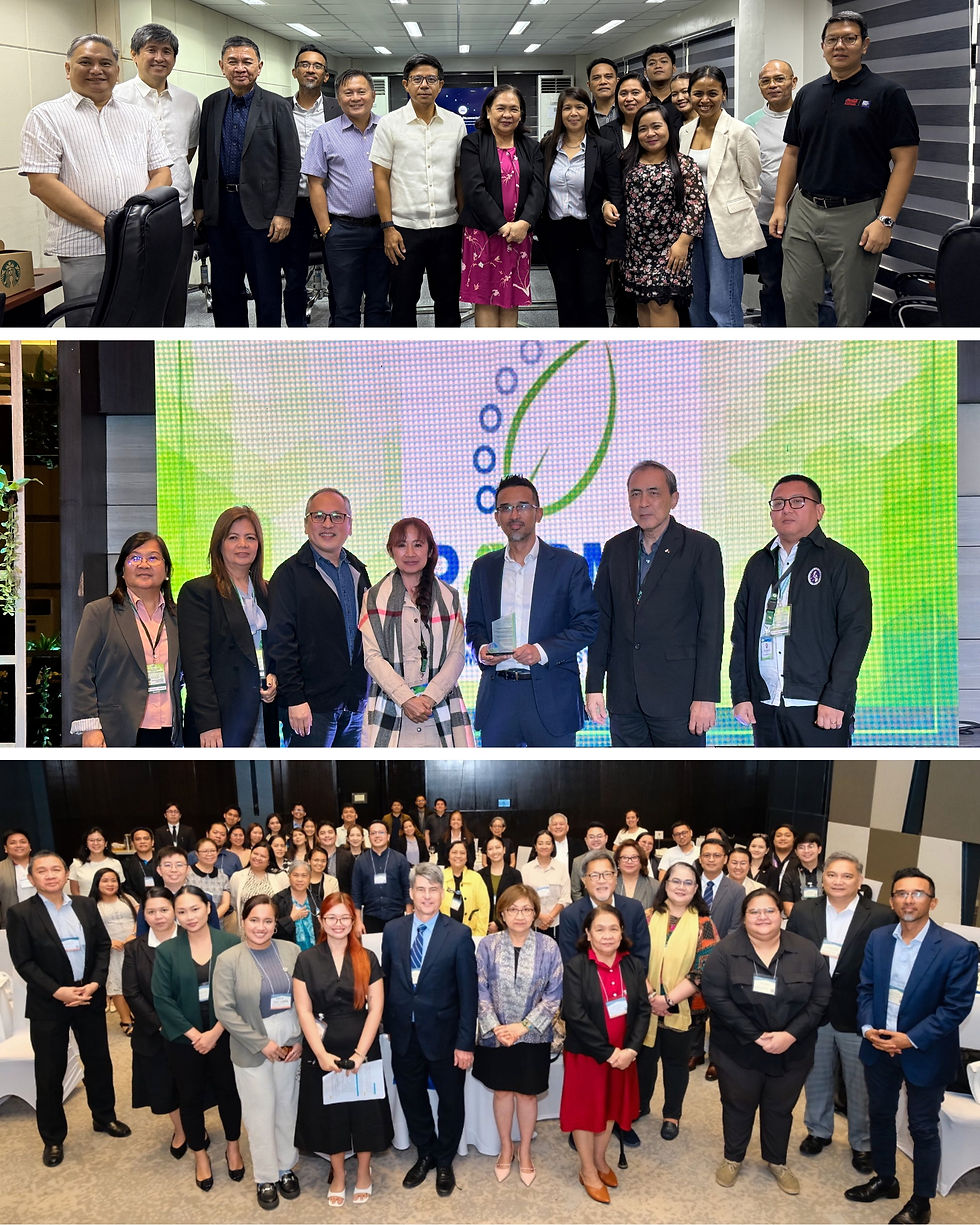
That love began in Subic Bay, where I served as Managing Director of the Lighthouse Marina Resort Legacy Foundation. My work focused on organizing coastal cleanups, promoting sustainable tourism, and protecting marine life.
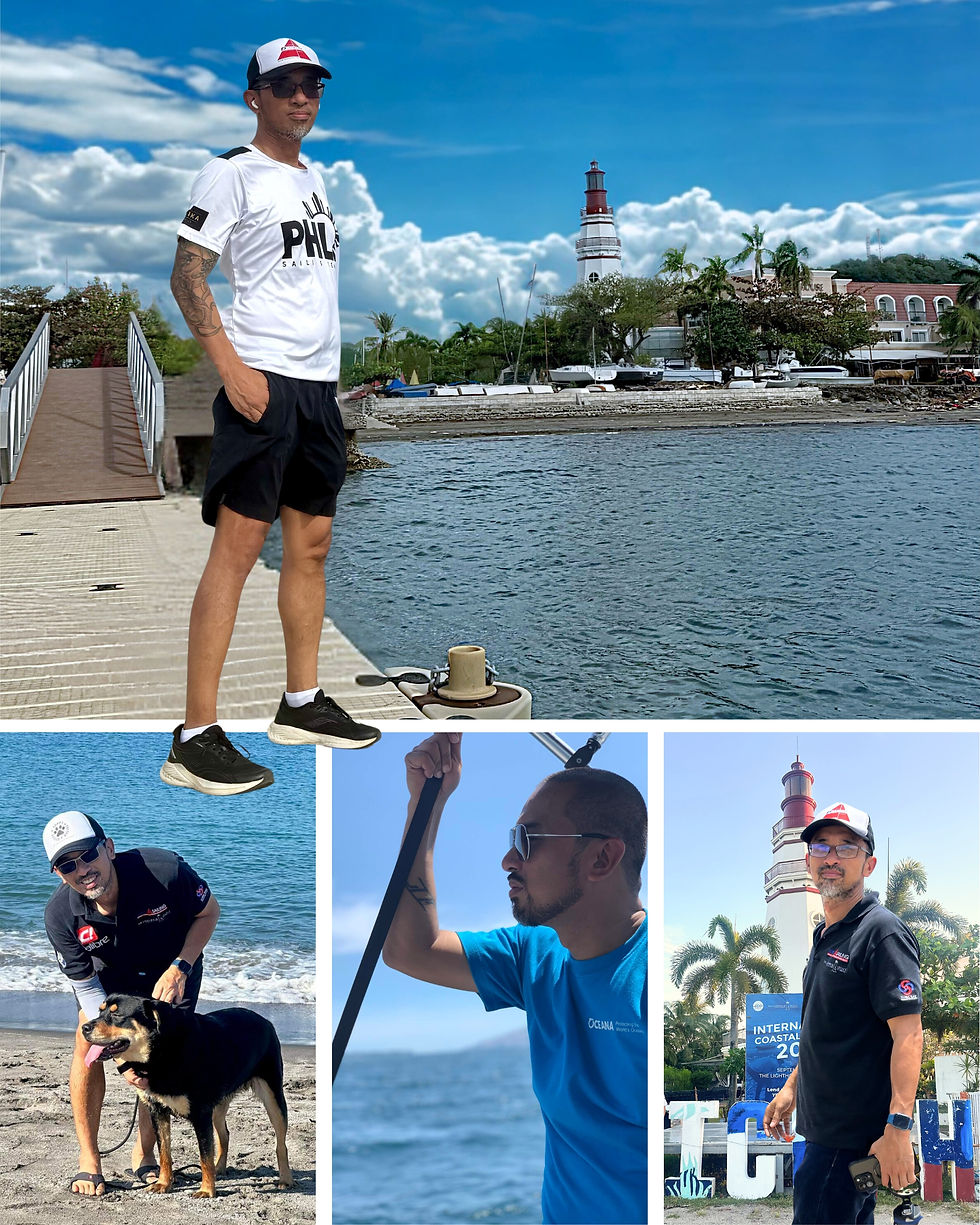

But after years of picking up plastic waste, it became clear that cleanups weren’t enough.

The problem wasn’t just on our shores; it was in our systems. We had to engage the very companies producing the plastic.
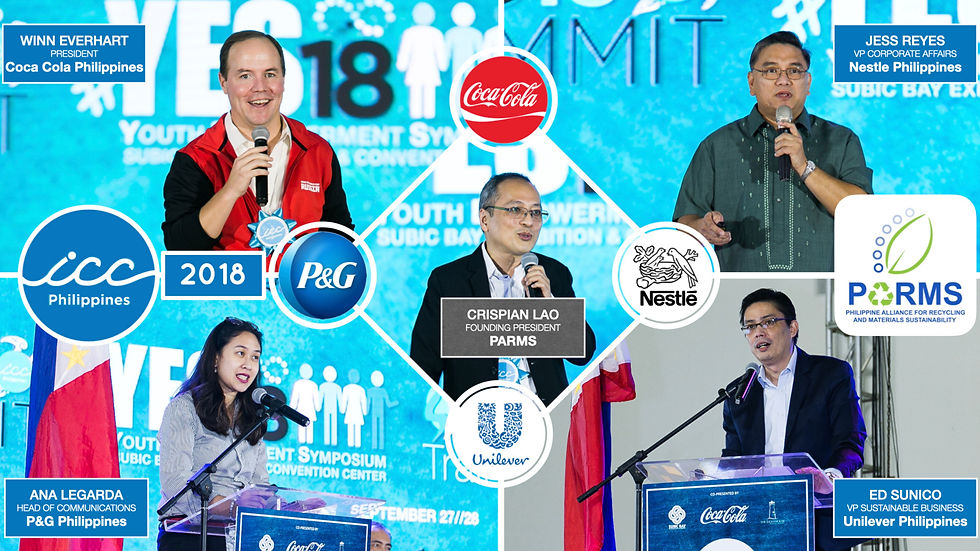
In 2018, during an International Coastal Cleanup Environmental Summit in Subic, I invited PARMS to participate.
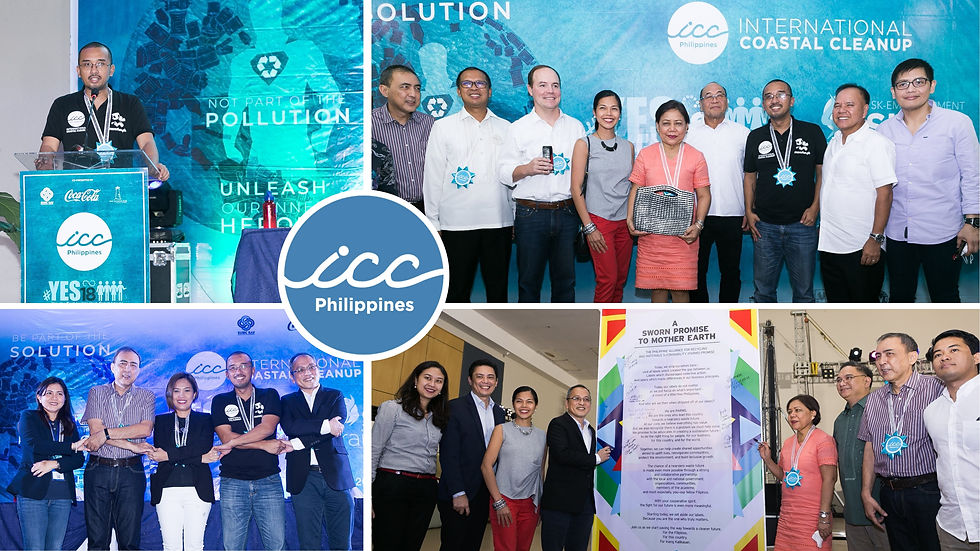
That moment revealed a deeper truth: lasting change requires collaboration between the private sector, government, and communities.

That conviction led me to a new role. By July 2022, I joined PARMS to lead the Zero Waste to Nature initiative, which has evolved into the national EPR Program. Today, over 300 companies are involved, collectively diverting more than 80,000 metric tons of verified post-consumer plastic waste from entering our natural environments.

We work not only with corporations but also with LGUs, recyclers, and the invaluable waste workers and communities who are the frontline heroes in this effort.

That’s why I’m proud of partners like Muovere Veloce Consultancy Inc. (MVCI), who have stepped up to support cleaner coastlines and better waste data through their bi-monthly “Tidy Up the Tides” cleanups, launched in January 2025 in Subic Bay.

This isn’t just about picking up trash. These cleanups serve three critical purposes:
Gathering Data: To understand the sources of pollution.
Educating Participants: To foster a deeper sense of responsibility.
Raising Awareness: To highlight broader system failures.
Every piece of plastic tells a story of policy gaps, broken systems, and habits we need to unlearn.

A frustrating truth about these cleanups is that most of what we collect can no longer be recycled. Degraded by sun and sea, this plastic, especially low-value sachets and wrappers, is too contaminated for recycling systems.
Its final destination is usually a landfill or a cement kiln, where it’s burned as fuel through co-processing. This reality points to a simple, crucial fact: to be truly recycled, plastic waste must be collected at the source—before it ever pollutes our environment.
What's Next: Turning Trash Into Tools
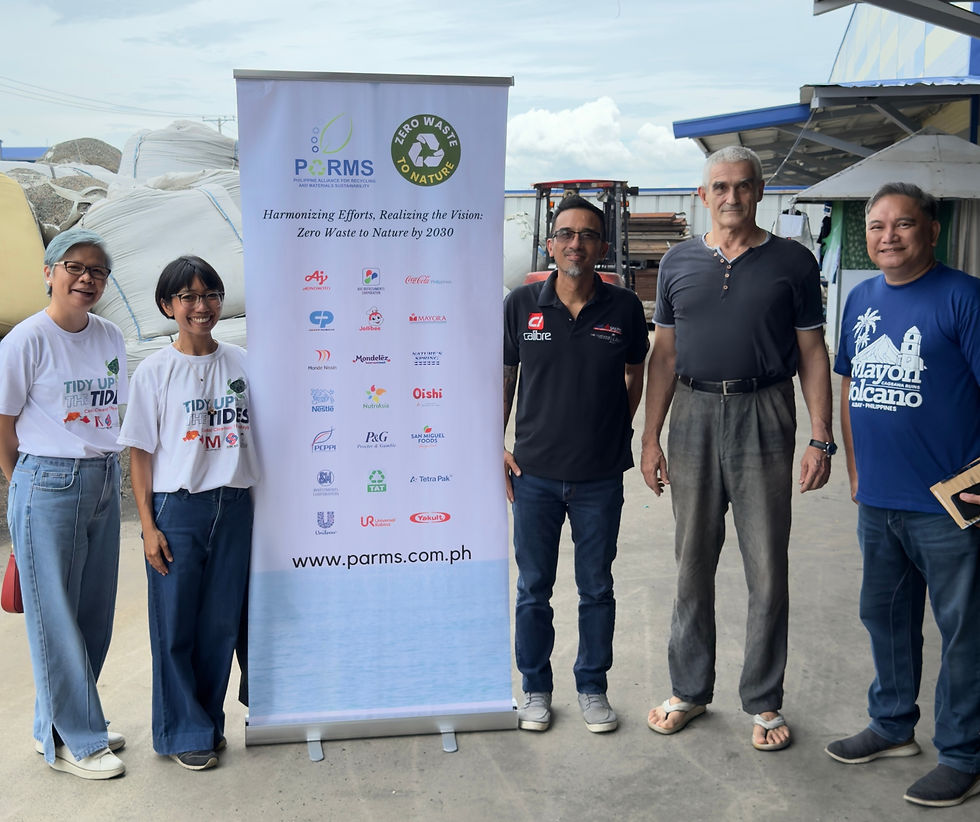
Now, MVCI is taking it further. They are setting up a plastic recycling facility in Subic’s Tipo Hightech Eco Park. Their focus is on low-value plastics—the hard-to-recycle materials we find most often on our shores.
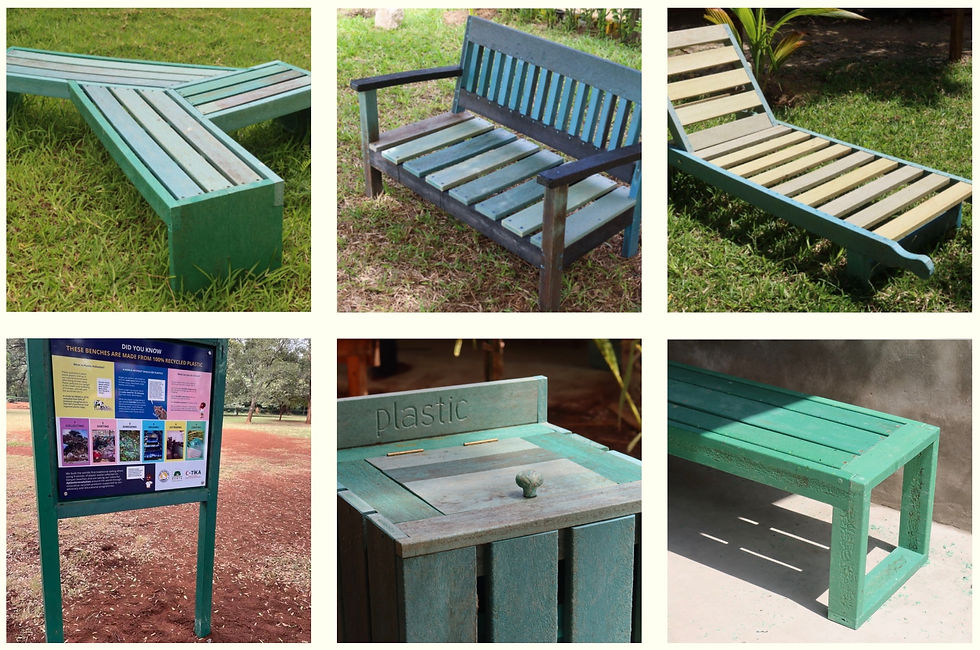
The goal is to turn this waste into something useful: plastic lumber that can be used for fencing, furniture, construction, and more.

This is what a circular economy looks like. It’s not just about recovery but reinvention. It means transforming waste into value.
Why Collaboration is Non-Negotiable
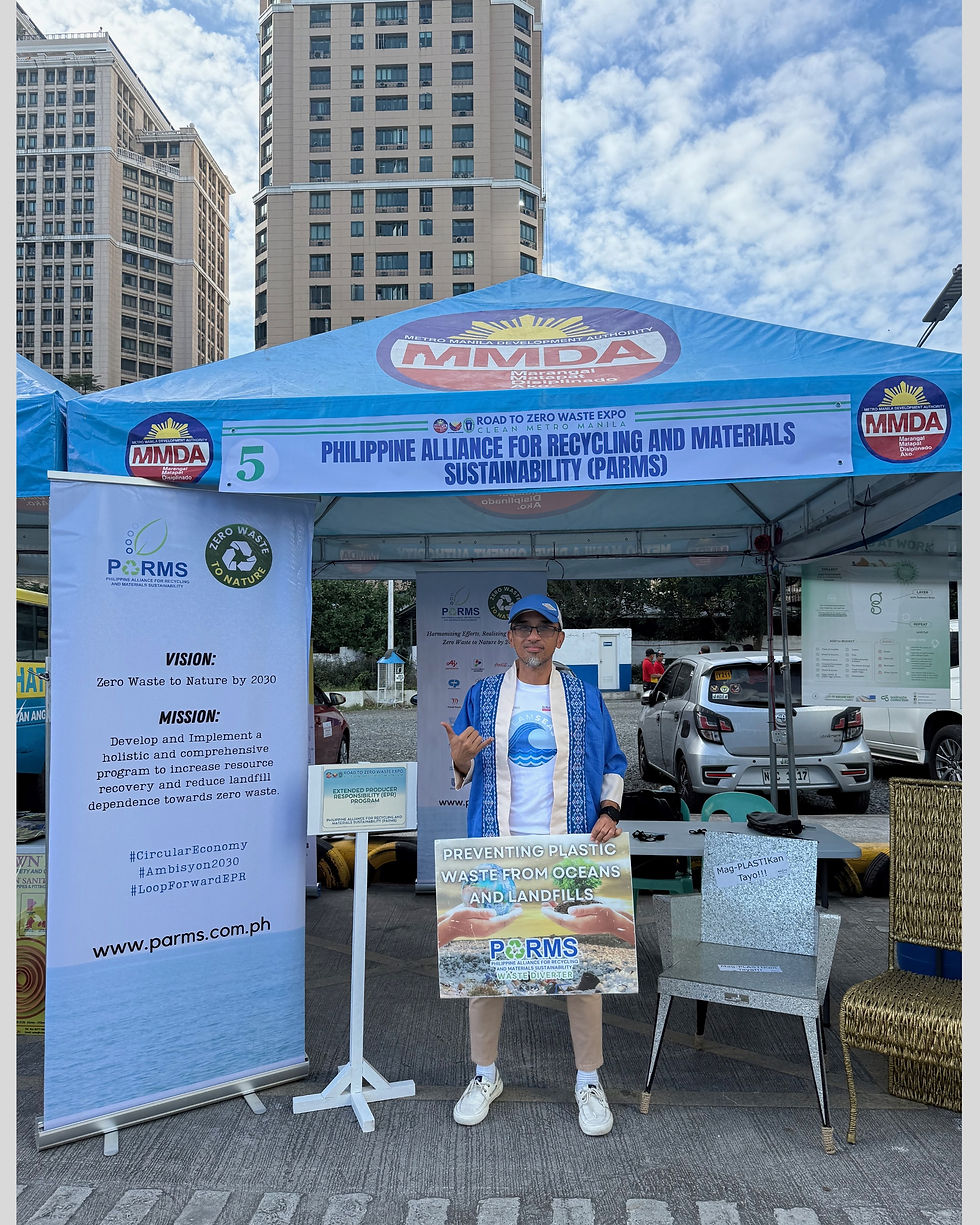
I’ve worn both hats: running a local foundation and leading a national EPR program.
And if there’s one truth I’ve learned, it’s this: systems don’t change in silos.
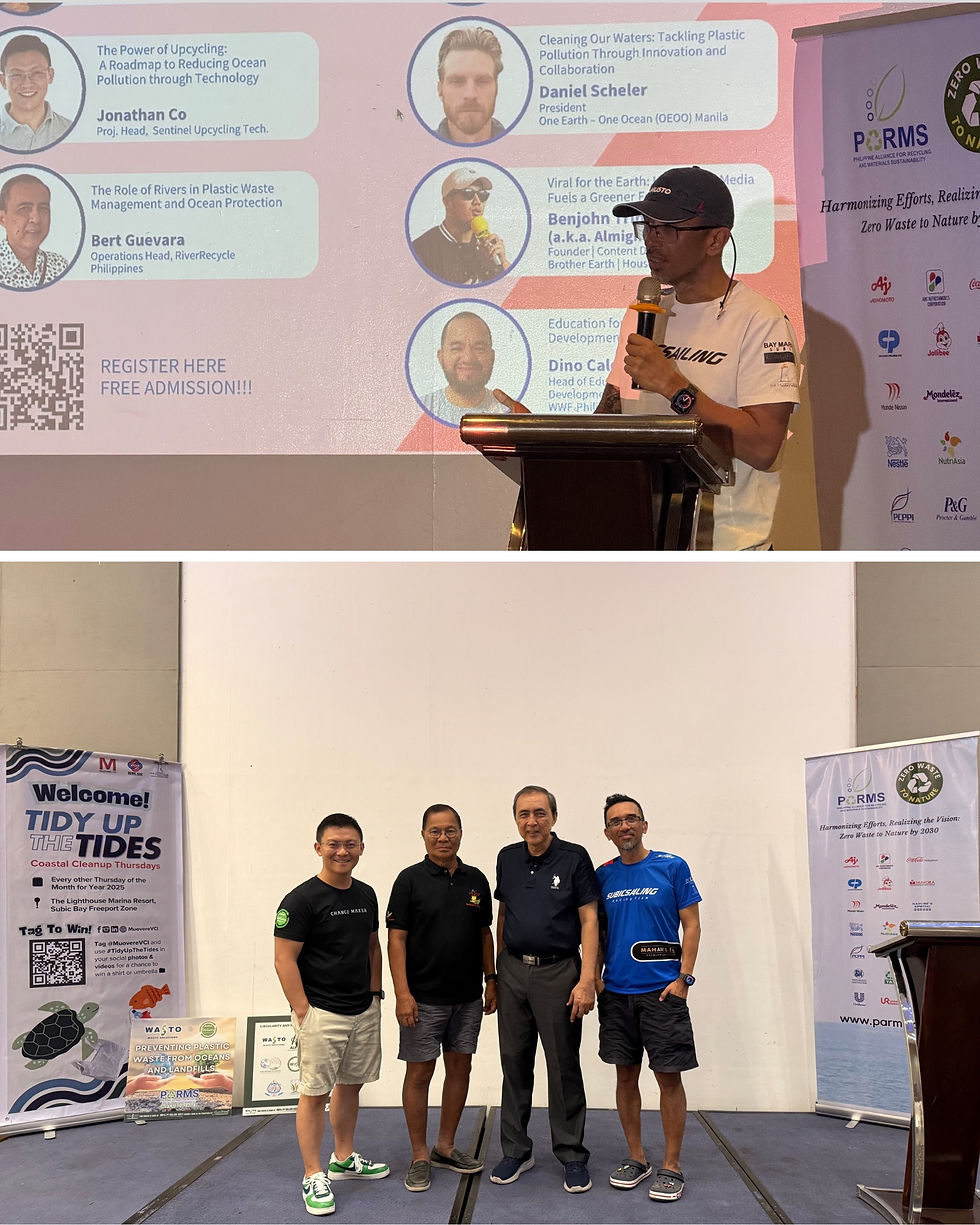
Local initiatives need national policy backing. National programs need grassroots validation. And none of it works without people—passionate, persistent, purpose-driven people—pushing in the same direction.
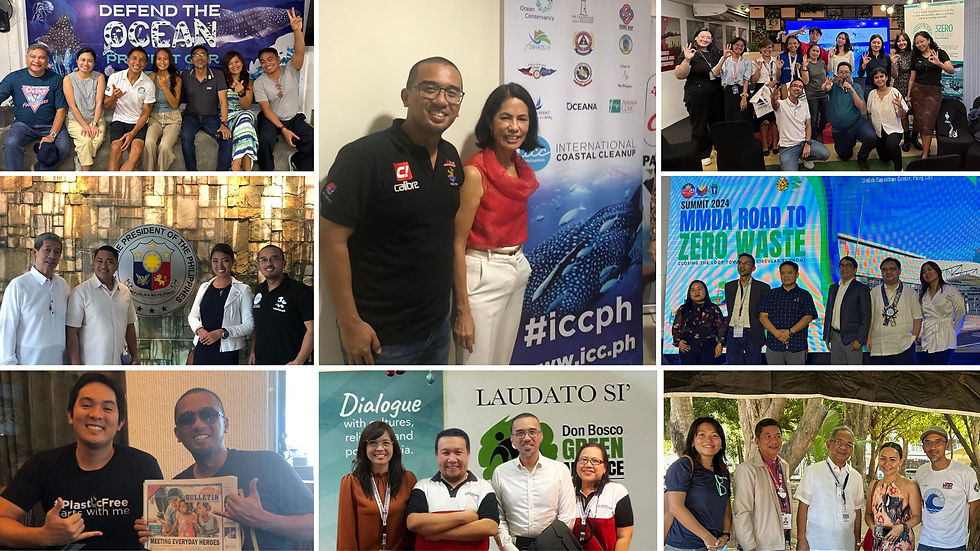
Whether you’re a business owner, a barangay captain, a student, or someone who just wants to segregate your waste properly, you’re part of this system.
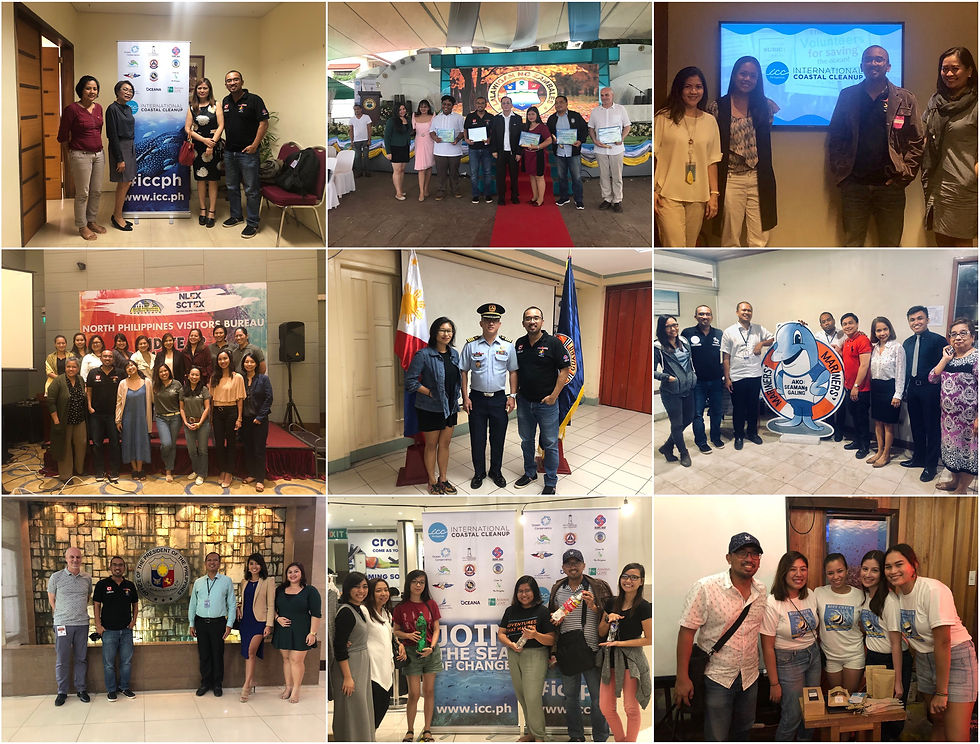
You’re part of the solution.
A Personal Call to Action
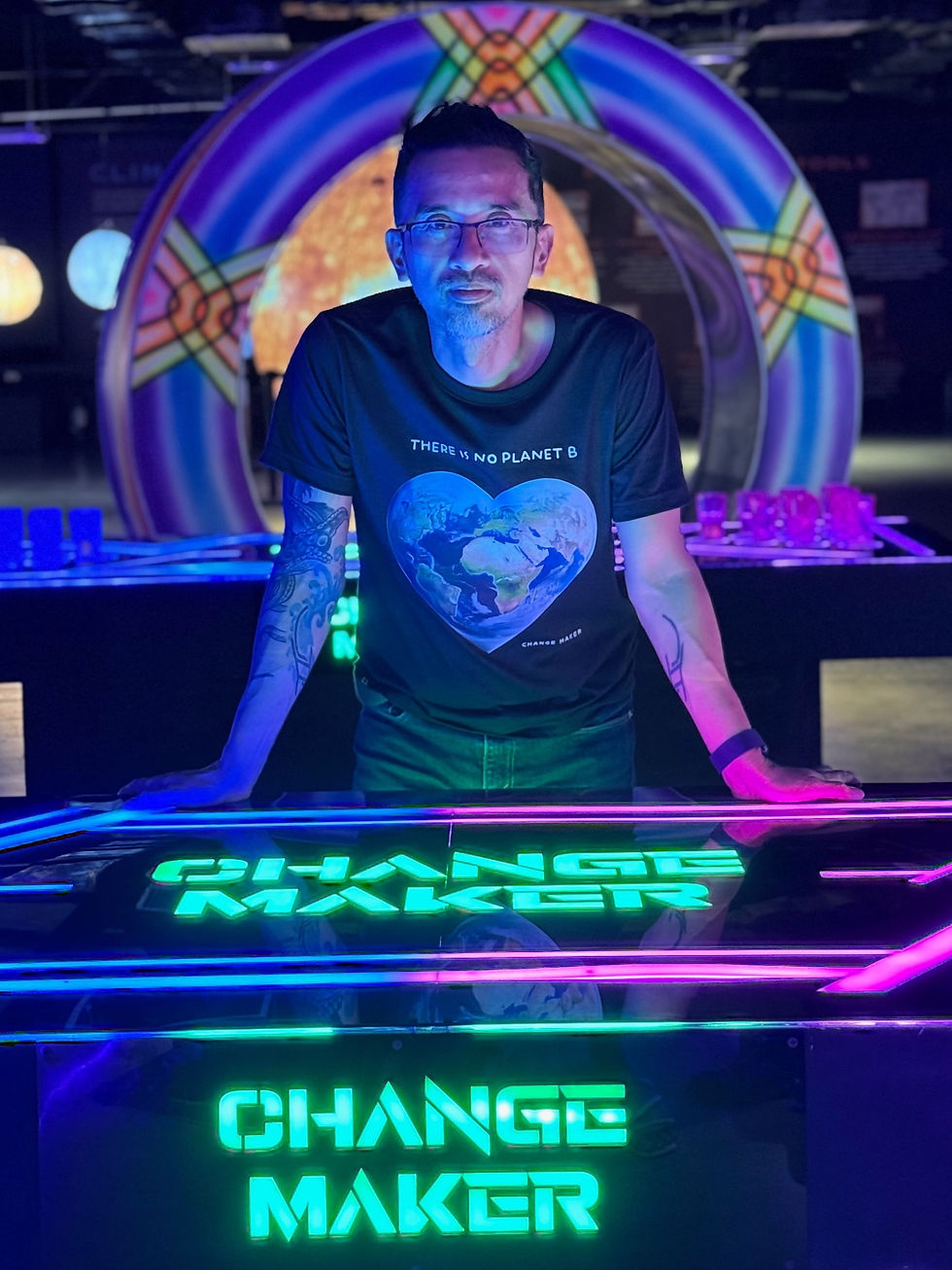
We often talk about change like it’s someone else’s job. But I believe it starts with something simple: caring. Caring about a place, a future, a community.
For me, that place is still Subic Bay. Every time I return, I remember why I started.

The waves haven’t changed, but our response to the plastic crisis must.

If you're ready to step up, whether through better waste practices, community cleanups, or corporate action. Do reach out. Let’s connect.
Zero Waste Movement
Let’s figure out how your small step can help build a circular, sustainable Philippines.




Comments